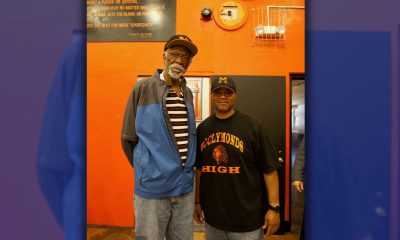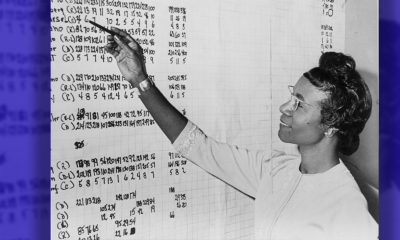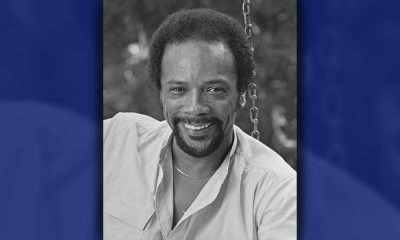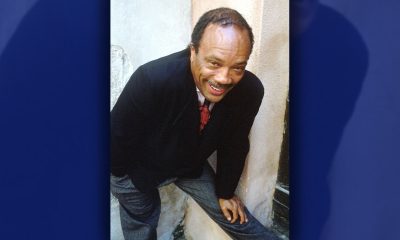Politics
What You Should Know About the Trans-Pacific Partnership

President Barack Obama and House Minority Leader Nancy Pelosi of Calif. leave meeting with House Democrats on Capitol Hill in Washington, Friday, June 12, 2015. The president made an 11th-hour appeal to dubious Democrats on Friday in a tense run-up to a House showdown on legislation to strengthen his hand in global trade talks (AP Photo/Pablo Martinez Monsivais)
Neil Irwin, THE NEW YORK TIMES
WASHINGTON (The New York Times) — You can be forgiven if you haven’t been particularly riveted by the series of slick parliamentary maneuvers that the Obama administration and his congressional Republican allies are using to try to secure support for the trade deal known as the Trans-Pacific Partnership.
The legislative gamesmanship over securing enhanced trade relations with 11 other nations around the Pacific Rim — which seemed to reach a low for President Obama on Friday when House Democrats rejected his personal appeal — can be entertaining. But for most Americans, the trade deal boils down to how it could affect them. Here’s how to understand that.
The simple case for the Trans-Pacific Partnership: It would make American companies more successful at selling their goods and services in Pacific Rim countries, leading to a stronger economy, more jobs and higher incomes for American workers. When every country focuses on what it is best at, the overall economic pie becomes bigger.
The agreement would also strengthen American diplomatic power in Asia, enabling the United States to be a more effective counterweight to Chinese influence in the region. The deal itself, and the soft power that comes with it, would help nudge poorer countries like Malaysia and Vietnam closer to American-style environmental and labor protections.
The simple case against the Trans-Pacific Partnership: We’ve seen this movie before. Trade deals have been advertised as increasing the size of the economic pie, but the benefits accrue mostly to big companies and their shareholders, while working-class Americans see job losses and income reductions as more of the work they once did moves overseas. Even if estimates of higher economic growth in the event of a deal are correct, many ordinary workers would end up worse off.
The diplomatic arguments the president makes are a fuzzy, noneconomic rationale that is hard to prove or disprove, which is a shaky basis on which to enter a trade deal.
Beyond those broad-brush arguments, though, the deal — like most trade agreements — would create a series of winners and losers.
###
Activism
Oakland Post: Week of December 10 – 16, 2025
The printed Weekly Edition of the Oakland Post: Week of – December 10 – 16, 2025
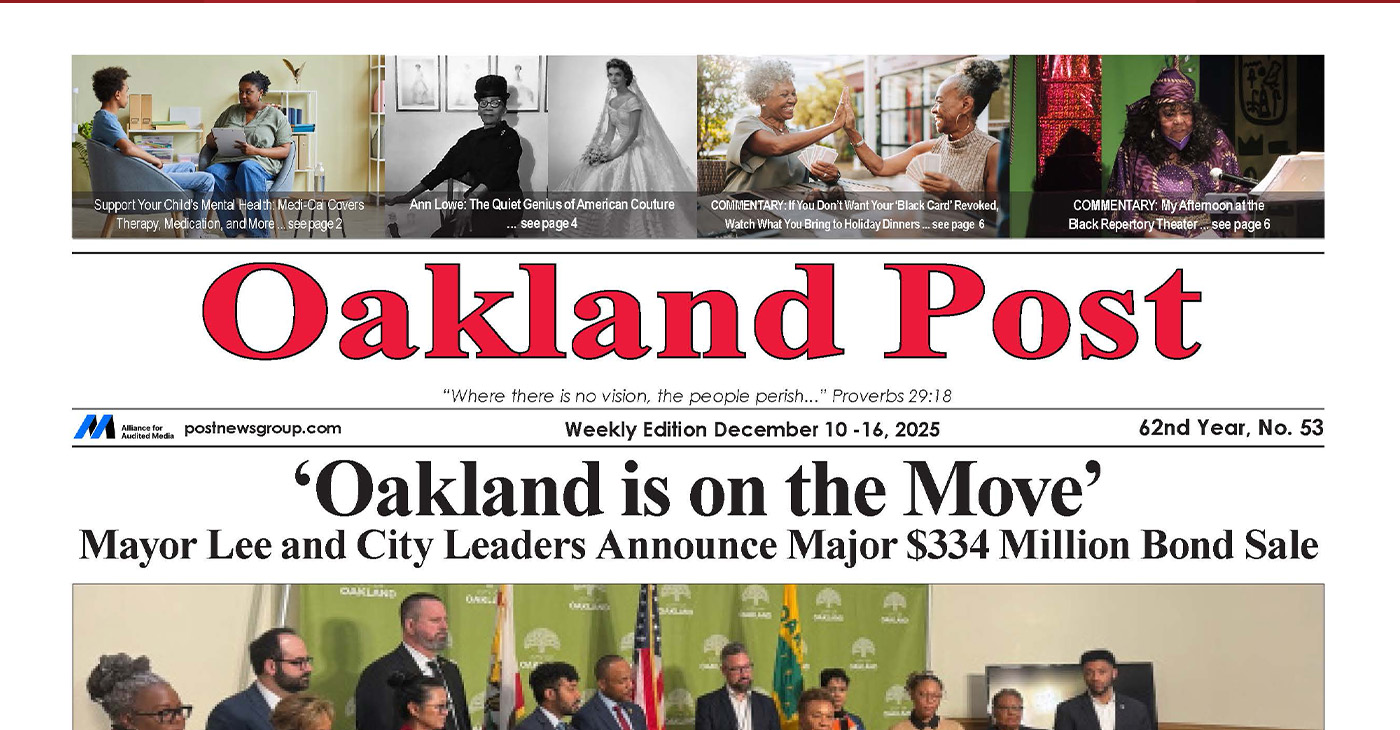
To enlarge your view of this issue, use the slider, magnifying glass icon or full page icon in the lower right corner of the browser window.
Activism
Oakland Post: Week of November 26 – December 2, 2025
The printed Weekly Edition of the Oakland Post: Week of November 26 – December 2, 2025

To enlarge your view of this issue, use the slider, magnifying glass icon or full page icon in the lower right corner of the browser window.
Activism
Oakland Post: Week of November 19 – 25, 2025
The printed Weekly Edition of the Oakland Post: Week of November 19 – 25, 2025

To enlarge your view of this issue, use the slider, magnifying glass icon or full page icon in the lower right corner of the browser window.
-

 Activism4 weeks ago
Activism4 weeks agoOakland Post: Week of November 12 – 18, 2025
-

 Activism3 weeks ago
Activism3 weeks agoIN MEMORIAM: William ‘Bill’ Patterson, 94
-

 Activism4 weeks ago
Activism4 weeks agoHow Charles R. Drew University Navigated More Than $20 Million in Fed Cuts – Still Prioritizing Students and Community Health
-

 Bay Area4 weeks ago
Bay Area4 weeks agoNo Justice in the Justice System
-

 #NNPA BlackPress3 weeks ago
#NNPA BlackPress3 weeks agoBeyoncé and Jay-Z make rare public appearance with Lewis Hamilton at Las Vegas Grand Prix
-

 #NNPA BlackPress3 weeks ago
#NNPA BlackPress3 weeks agoLewis Hamilton set to start LAST in Saturday Night’s Las Vegas Grand Prix
-

 Activism3 weeks ago
Activism3 weeks agoOakland Post: Week of November 19 – 25, 2025
-

 #NNPA BlackPress4 weeks ago
#NNPA BlackPress4 weeks agoThe Perfumed Hand of Hypocrisy: Trump Hosted Former Terror Suspect While America Condemns a Muslim Mayor





